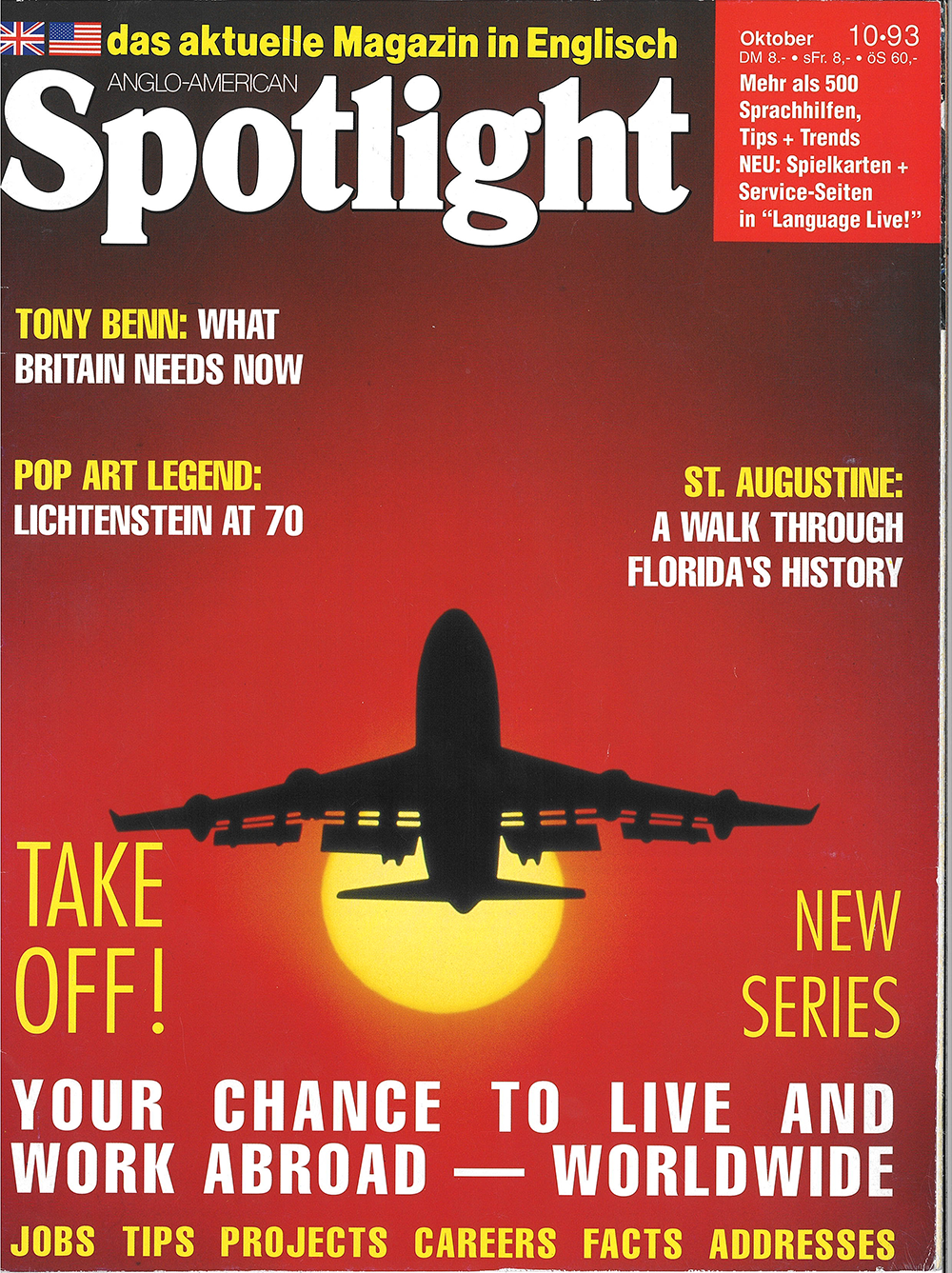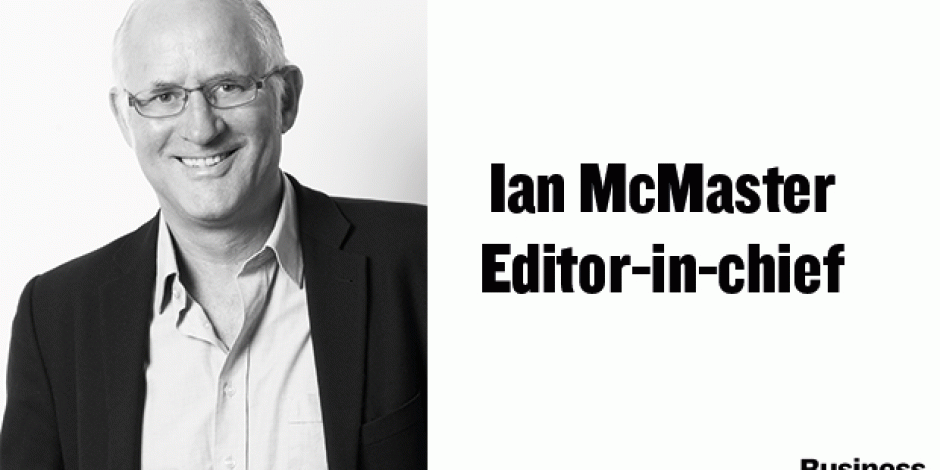07.11.2018
As I mentioned a few weeks ago, Spotlight Verlag is moving offices. Friday 9 November — an important date for many reasons in German history — will be our last day in Martinsried, south-west of Munich.
After 20 years, an era has come to end. More prosaically, my colleagues and I have been busy throwing out 20 years’ worth of to accumulate sth.etw. ansammelnaccumulated papers, books and knick-knacksSchnickschnack, Nippesknick-knacks.
Not surprisingly, we have to come across sth.etw. (zufällig) findencome across many itemGegenstanditems that have made us laugh. There were old photos, when some of us — no names mentioned — had more (and/or different-coloured) hair. There were old Spotlight Verlag products, including a CD-ROM of travel stories from the mid-1990s, our first attempt to combine text, photos, audio and exercises. And there were the minutesProtokollminutes of many internal working partyhier: Arbeitsgruppeworking parties, including one from 2004 with the charmingly innocentunschuldig; hier: ahnungslosinnocent title “What shall we do with the internet?”
One item that caught my attention was the October 1993 issueAusgabeissue of Spotlight. The cover story was the start of a new six-page series, “Windows to the World” — about the possibilities of studying and working abroad. The October 1993 issue also included a travel feature about St. Augustine in Florida, a profile of “pop art legend” Roy Lichtenstein at 70 and an environmental story about how to prevent floods in America. And there was an interview that I conducted with veteran British left-winglinke(r,s)left-wing politician, Tony Benn.

Benn was a passionateleidenschaftlichpassionate European, but also a passionate opponentGegner(in)opponent of the EU, to campaign against sth.gegen etw. kämpfen, eine Kampagne gegen etw. durchführencampaigning against Britain’s continued membership of the European Community in Britain’s first-everallererste(r,s)first-ever referendum in 1975.
Benn believed that the EU “to entrench sth.etw. verankernentrenches capitalism in the constitutionVerfassungconstitution” of Europe and would lead to mass unemployment. And Benn didn’t believe that “any government has the legal or moral authority to transfer power from the people to others without the consentZustimmungconsent of the people”.
I was born a European. I shall die a European
In Benn’s eyes, the EU was fundamentally undemocratic and would lead to “the birth of nationalism, which I to loathe sth.etw. verabscheuen, nicht ausstehen könnenloathe and to detest sth.etw. verabscheuen, hassendetest — i.e. people blaming the Germans, blaming the French, blaming the Italians”. Having lost his brother in the Second World War and his uncle in the First World War, Benn campaigned his whole life for peace in Europe.
“I was born a European, I shall die a European,” he told me in our interview. Benn died in March 2014 and his legacyVermächtnislegacy is still being debated. Not all his predictionVorhersage, Prognosepredictions and fears have materialized, but his warning about the dangers of undemocratic systems still to ring trueglaubhaft klingenrings true:
“You’ve got to have an economic policy that gives people the prospectAussichtprospect of a useful job at a living wageexistenzsichernder Lohnliving wage, a home to live in, lifelong education, health caremedizinische Versorgunghealth care free at the point of need, dignityWürdedignity when they’re old. And if you don’t do that, then some demagogue will appear and say: ‘to sweep sth. awayetw. wegfegenSweep away this whole corrupt system.’”
In his blog, Ian McMaster has been commenting on global business issues since 2002. You will find more of his blog posts here.


